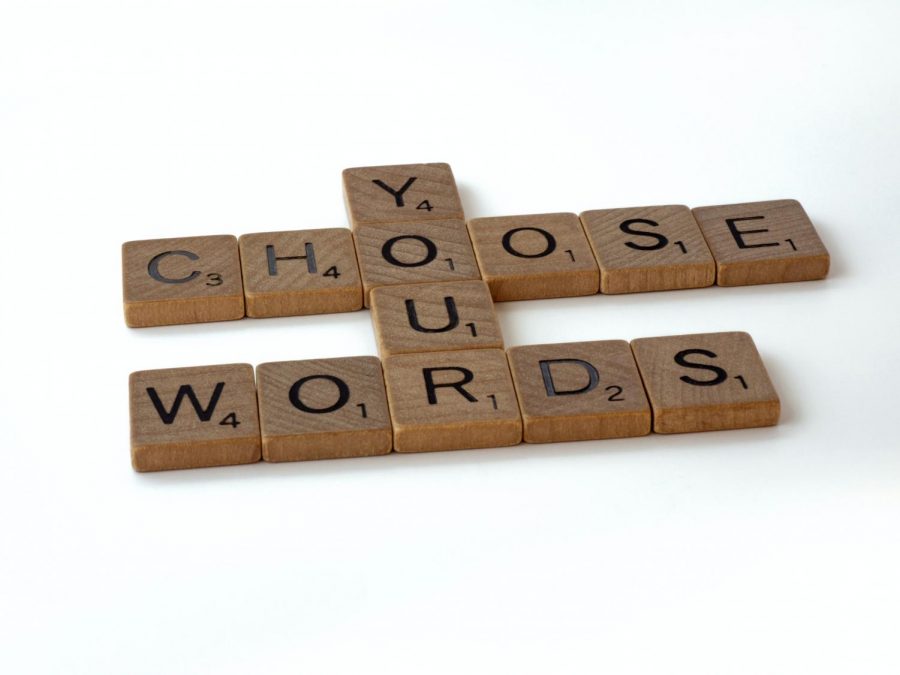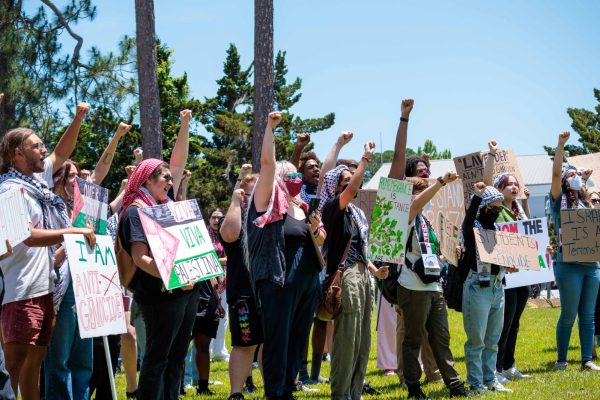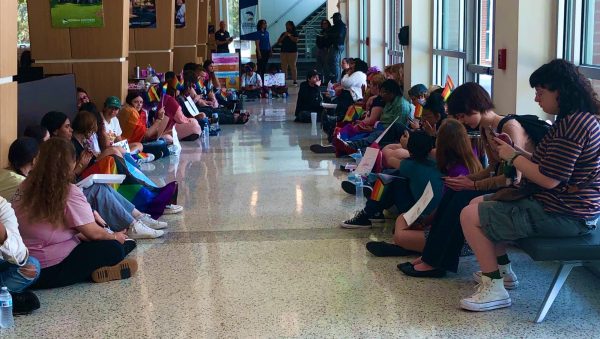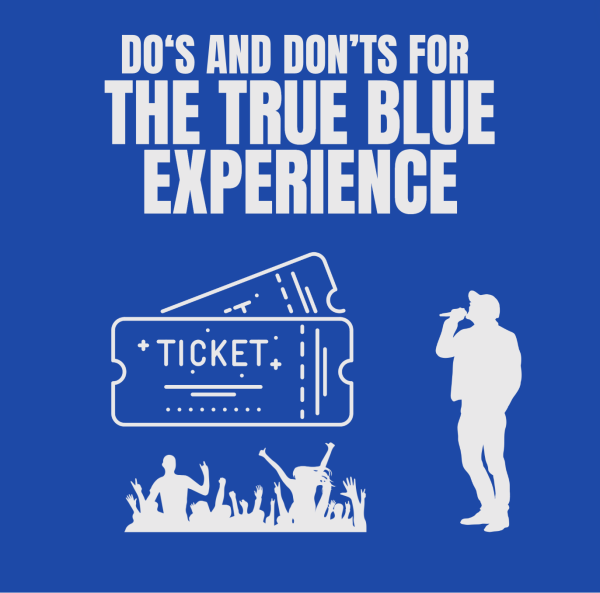- **Top Stories**
- Reflector
- Reflector: Community
- Reflector: Life & Style
- Reflector: Reflections
- Reflector: Social Justice
Words We Should Stop Using
January 11, 2022
Sticks and stones may break our bones but words will never hurt us, right? Not to doubt the wisdom of childhood proverbs, but words can hurt. The words we use in our everyday lives affect others deeply. They affect how we view others and how others view themselves. Oftentimes the effects of our words are not immediately apparent, but rather show themselves through our culture and social norms. It is especially important to note that this is not just a general societal phenomenon. Everything from the country you live in to your local friend group is built on the back of words. Inside jokes that would get you in trouble outside your friend group, insults as a way to show affection, and topics you avoid for your friends’ sakes are all built on an understanding of what your words mean and how you use them. It is because words hold such power that it is important to examine how we use them. Are their words we should no longer use?
When asked about words that may be dated, discriminatory, or offensive, Takeshia Brown, Director of The Office of Multicultural Affairs here at Georgia Southern, believes “it’s important to acknowledge that a lot of those words, depending upon who’s using the words, the context in which the words are used, still hold offensive feelings, still hold connotations that could be problematic hurtful or cause malicious intent,” but also that she is “cautious with putting a blanket statement out that says we should ban certain things.” She believes that simply banning words would prevent necessary conversation. In a sense, getting people to understand why some words shouldn’t be used is equally as important as getting them to stop using them. Brown also pointed out that some communities have successfully reclaimed some terms, and now wear them as a badge of honor or term of endearment. Queer, the Q in LGBTQ, was originally a term used to deride others. It’s original usage carried the meaning of “perverse” or “weird” but now is used as an identifier by those it was once meant to discriminate against.
Reclaimed terms are an example of evolution in our language. This evolution is necessary and natural for any language. It is in this manner that language can better reflect the culture of modern times. Of course, whether or not those terms should be reclaimed or not are usually up to the communities affected by them. Some examples of words that likely will not be reclaimed are “Redskins” or “Eskimo” as both are derogatory and are applied to people who already have proper identifiers in the first place, various Native American tribes and the Inuit people respectively. While some terms or phrases have had their connotations changed over time, others have been edited to better reflect the times. The phrase “eenie meenie miney mo” seems innocent enough at first, but have you ever wondered why the rhyme calls for you to “grab a tiger by the toe?” Before children were tasked with somehow grabbing the toe of a deadly cat, the version of the rhyme most popular among schoolchildren during the late 1800’s instead used the n-word. For obvious reasons, this version is not as popular today. Though “eenie meenie miney mo” is a further example of the evolution of language, as there are numerous variations on the rhyme. Some with more lines, others with less. In fact the origins of the rhyme are unclear and clearly predate its earliest recordings since they were first documented in New York, Scotland, Ireland and other countries with similar nonsense words.
Scaling things back once more to personal levels, it is important to note how much context and personal choice matter when talking about words. You might be close enough with your friends to casually call each other idiots, but if you were to greet some stranger by calling them an idiot, it would undoubtedly be very rude. Context matters, and it takes time to get to know someone or interact with them to understand that context. You aren’t going to be making jokes about car accidents if your friend just got into one. Being considerate and aware of others is important. It is this consideration that has led to some pushing for “people first language” when talking about people with disabilities. Rather than refer to someone as an alcoholic or a diabetic, you instead might choose to say “person with diabetes” or “person who suffers from alcoholism.” It may seem small, but even a minor change in how people are referred to can change perceptions. However, there is another side to this coin. Brown brought up that, “some people who identify as a disabled person will tell you that they want their identity to be labeled as a part of who they are.” She believes this to be an example of how we should let other people lead us in how they want to be treated and identified.
It all comes down to being considerate and open minded. Instead of stubbornly refusing to censor yourself or immediately banning certain words, allow yourself to listen to others. Be willing to learn how to talk to people. Words are tools, each with their own uses. You don’t hammer a screw or drill a nail. You learn which tool is appropriate for the situation you’re in and act upon that knowledge. If everyone were to stop and listen to each other, you might find the world a more peaceful place.
















Grace • Jan 20, 2022 at 11:05 pm
Very well written! Great read!
Amee Adkins • Jan 12, 2022 at 10:11 am
Excellent piece. Thank you!
Chris Olson • Jan 12, 2022 at 8:48 am
Very thought provoking. Thank you,